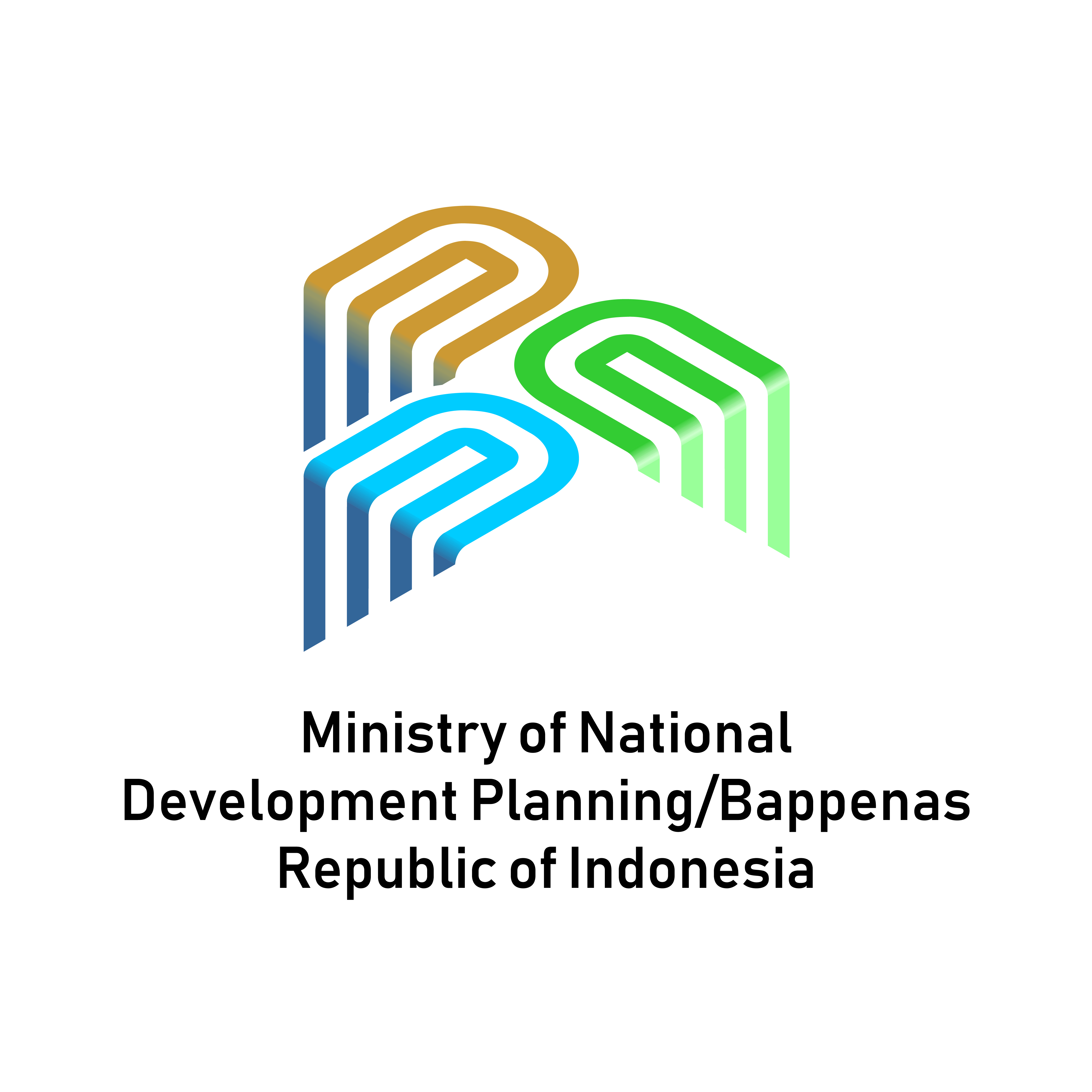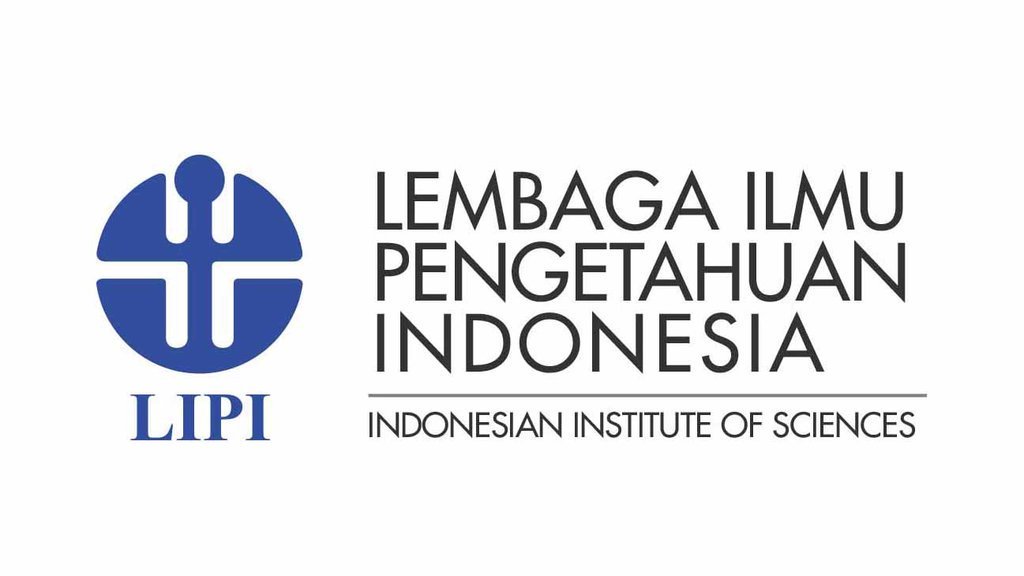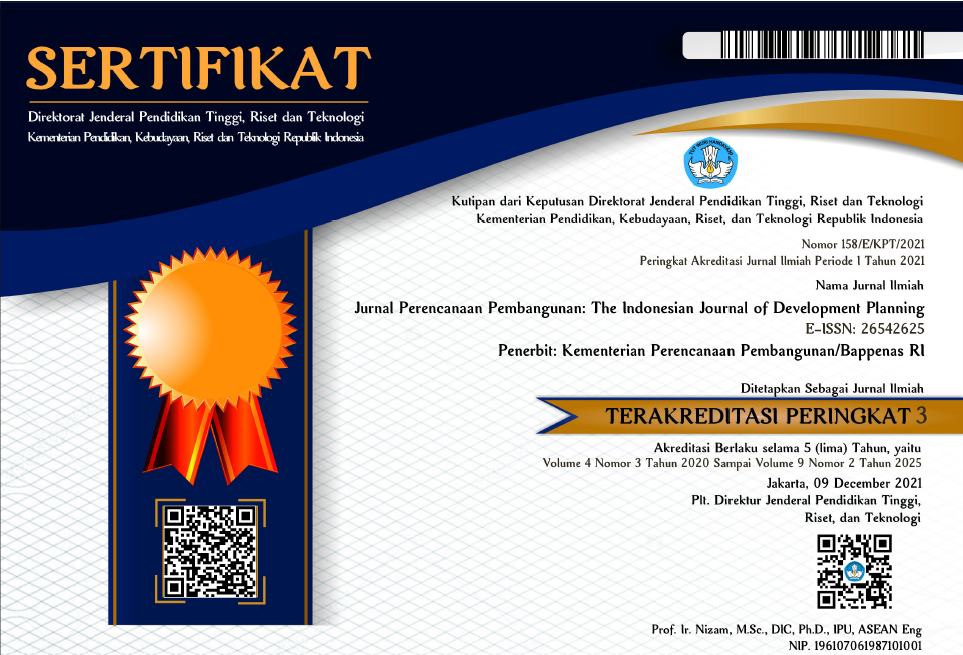Adverse Externalities: Impact of the Jatibaru Raya Road Closure Policy on Third Parties
DOI:
https://doi.org/10.36574/jpp.v3i1.58Keywords:
externalities, street vendor (PKL), Third PartiesAbstract
In his 100 days of leadership, Governor Anies issued a policy of closing one of the roads for the street vendor selling area (PKL), which led to pros and cons. The Jatibaru Raya road closure policy is seen as a step towards the realization of Anies campaign promise to establish 200,000 UMKM during the DKI Jakarta Election in 2017. Deeply examined by the externality model of neo-classical economics, the third party who is disadvantaged from the road closure policy is Block G traders, pedestrians, and city transport drivers. These problems are examined using the externality model of the neo-classical economic theory. The externality model is a model that views the impact (of transactions) of a third party (who does not participate in a transaction) in an agreement made between the first party and the second party. This research is about to answer the reasons why Governor Anies issued a policy on managing the Blok G Tanah Abang Market by closing one of the Jatibaru Raya Road segments and who benefited from the management policy of the Blok G Tanah Abang Market and which parties were disadvantaged for the implementation of the policy. In establishing the policy, Governor Anies reasoned to accommodate the street vendors so that the disadvantaged parties emerged from the policy so that Governor Anies was deemed to have mal-administrated the Ombudsman, one of which was by violating Law No. 22 of 2009 concerning Road Traffic and Transportation.
Downloads
Downloads
Published
How to Cite
Issue
Section
License
This is an open-access article distributed under the terms of the Creative Commons Attribution-NonCommercial-ShareAlike 4.0 International License. Copyright © Kementerian PPN/Bappenas RI


















